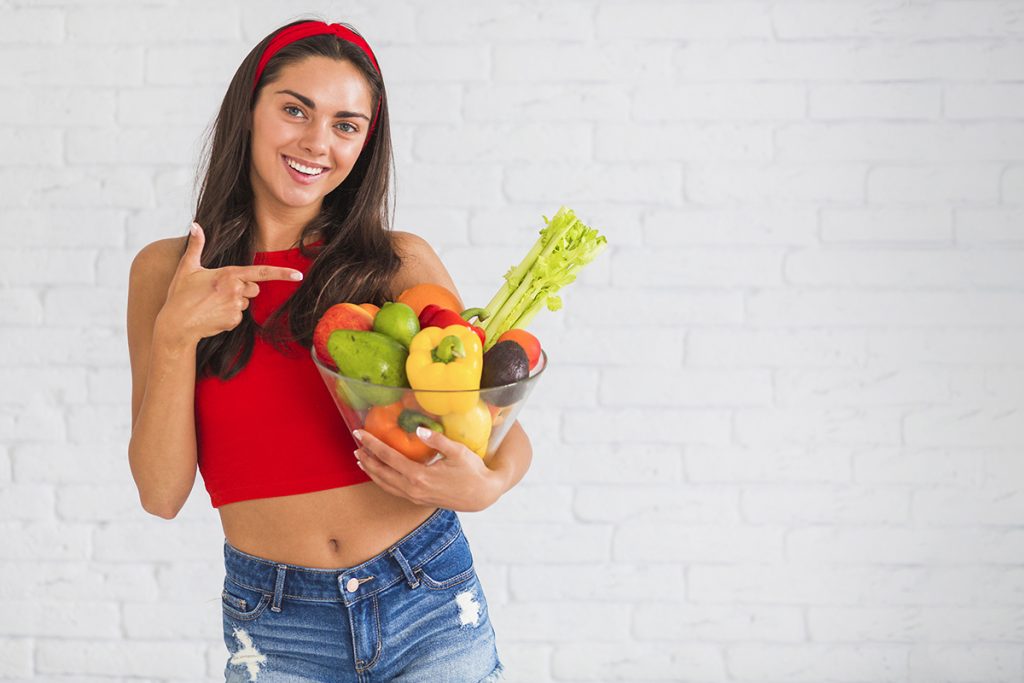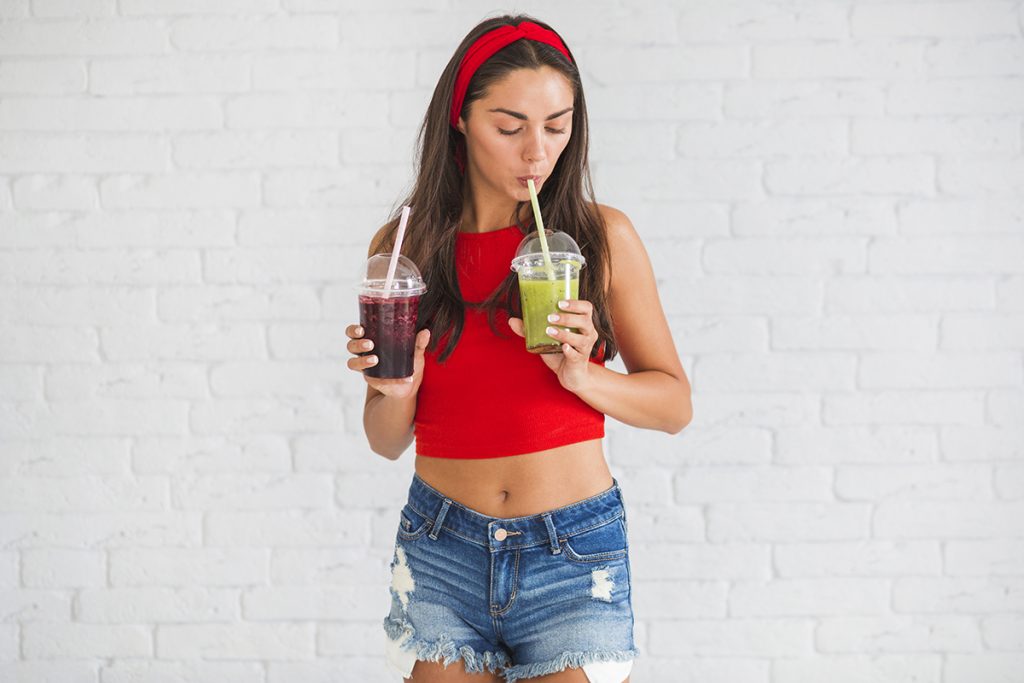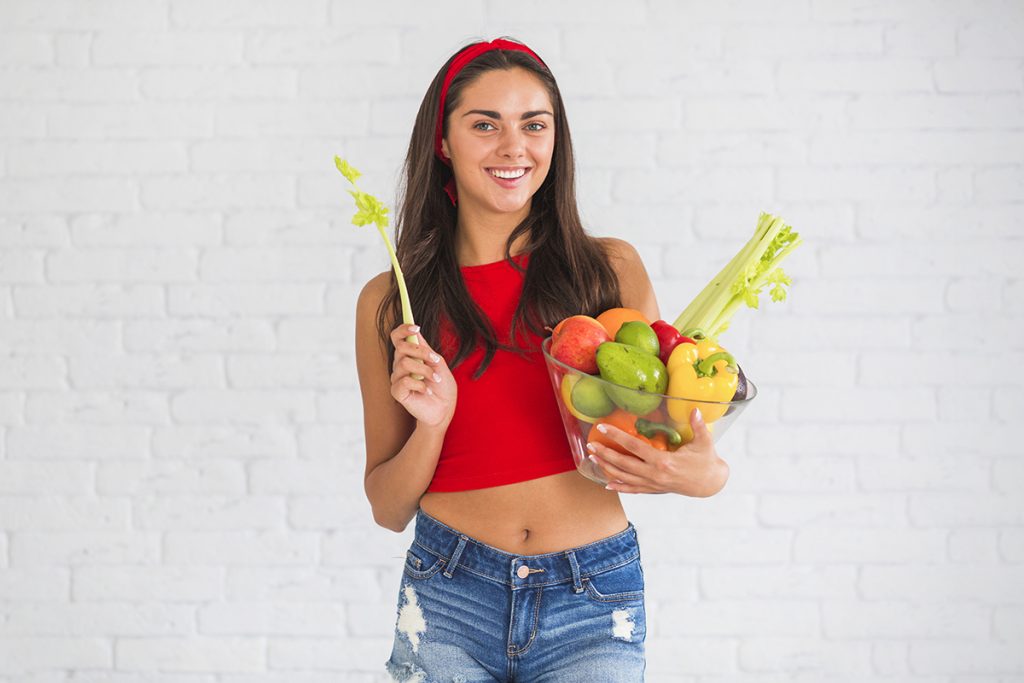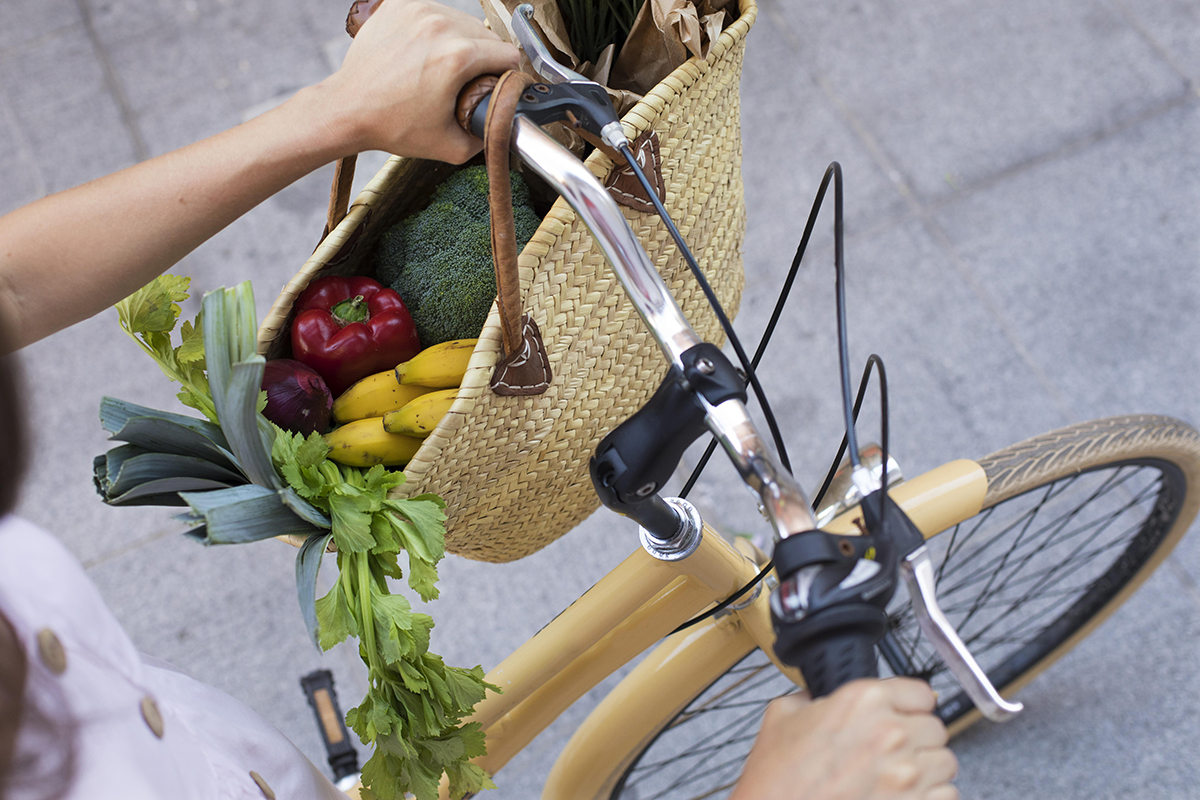What are the best fruits for weight loss?

Fruits offer substantial nutritional benefits, and studies indicate that including them in your daily diet can contribute to weight loss. Due to their high fiber and water content, fruits promote a feeling of fullness, reducing the likelihood of overeating. Grapefruit, apples, avocados, and watermelon are among the top fruits recommended to support weight loss efforts.
Explore our interesting article for insights into the most effective fruits for weight loss and practical tips on integrating them into your diet.

Optimal fruits for weight loss: What to choose?
Rich in antioxidants, vitamins, minerals, and fiber, fruits contribute to overall health with their 80% to 90% water content. The natural sugars in fruits address sweet cravings, while the fiber supports digestive well-being. Thanks to their high fiber and water content, fruits induce a feeling of fullness, aiding in portion control.
Fruits, being lower on the glycemic index (GI), digest slowly, preventing rapid spikes in blood sugar levels. This gradual digestion, characteristic of lower GI foods like fruits, helps sustain fullness for extended periods. With lower calorie content and a high presence of fiber and water, the following fruits can be beneficial for weight management.

Grapefruit. Half contains 53 calories, 12g sugar, almost 2g fiber, and is 91% water. Fresh grapefruit is linked to weight loss.
Apples. A medium apple has 95 calories, 19g sugar, and 3g fiber. High-fiber, low-GI apples reduce blood sugar spikes and aid in weight management.
Avocados. A medium avocado (240 calories) with minimal sugar (0.4g) is associated with lower weight prevalence.
Pears. A medium pear has 100 calories, 17g sugar, and 5.5g fiber—high-fiber, low-GI, preventing blood sugar spikes and weight gain.
Raspberries. One cup has 64 calories, 5g sugar, 8g fiber, and 86% water, controlling hunger and weight.
Oranges. A single orange (62 calories, 12g sugar, 3g fiber) is 87% water; citrus flavonoids may aid in obesity management.
Strawberries. A cup provides 53 calories, 8g sugar, 3g fiber, with a 91% water content.
Bananas. One medium banana (105 calories, 14g sugar, 3g fiber, 75% water) is linked to less weight gain.
Peaches. A medium peach (59 calories, 13g sugar, 2g fiber) has an 89% water content.
Cantaloupe. One cup has 60 calories, 14g sugar, 2g fiber, and is over 90% water.
Kiwi. One kiwifruit (42 calories, 6g sugar, 2g fiber, 84% water) is suggested to aid in weight management.

Fruits which are higher on the glycemic index
Some fruits, although higher on the glycemic index, can still aid in weight management when consumed in moderation.
A one-cup serving of watermelon, with 46 calories and 9g sugar (92% water, less than 1g fiber), helps curb hunger and serves as a healthy alternative to snacks. Choosing watermelon over low-fat cookies for four weeks correlated with lower body weight, BMI, blood pressure, and waist-to-hip ratio.
Pineapple, with 83 calories, 16g sugar, 2g fiber, and 86% water in a one-cup serving, may have a higher GI but is effective in promoting fullness and serves as a nutritious substitute for sweet snacks.

Do certain fruits pose challenges for weight loss efforts?
Certain fruits, while suitable in small portions, may not be ideal for weight loss. For instance:
Dried fruit, even without added sugars, is a healthy snack. However, the condensed calories and natural sugars in a small portion can lead to overeating, hindering weight loss efforts. Some dried fruit variants also contain added sugars.
Fruit juices tend to have higher sugar concentrations than whole fruits, potentially causing spikes in blood glucose levels and contributing to excess calorie intake.
While canned or frozen fruit is a nutritious snack, those packed in heavy syrup or with added sugars can impede weight management goals.

Strategies for incorporating fruit into a weight loss plan
For effective weight loss, incorporate fruit as a substitute for high-calorie, low-nutrient sweets. To achieve weight loss, consume fewer calories than you burn, aiming for 1.5 to 2.5 cups of fruit daily. There’s no specific evidence regarding the best time to eat fruit for weight loss, but whole, fresh fruit is satisfying and helps control blood sugar.
Here’s how to enjoy fruit in your diet:
- Snack on whole, fresh fruit.
- Choose unsweetened canned or frozen fruit.
- Include fruit as a side with meals (a healthy alternative to fries).
- Add fruit to cereal, oatmeal, yogurt, and muffins.
- Mindfully make fruit smoothies, preferably using whole fruits and being cautious of high-calorie ingredients.
While it’s challenging to overeat fruit, excessive fiber intake may cause gastrointestinal discomfort. A well-balanced diet, including vegetables, whole grains, dairy, lean protein, and regular exercise, is essential. No single food can target weight loss in specific body areas.

What are the best fruits for weight loss conclusion
The majority of fruits are rich in nutrients, promoting overall health. Their high water and fiber content, coupled with low fat and calorie levels, aid in weight management. However, relying solely on fruit is not sufficient for weight loss. To achieve weight loss goals, opt for fruit as a substitute for calorie-dense sweets and processed foods.
Include fruit in a diverse diet that encompasses vegetables, whole grains, lean proteins, and dairy.



















